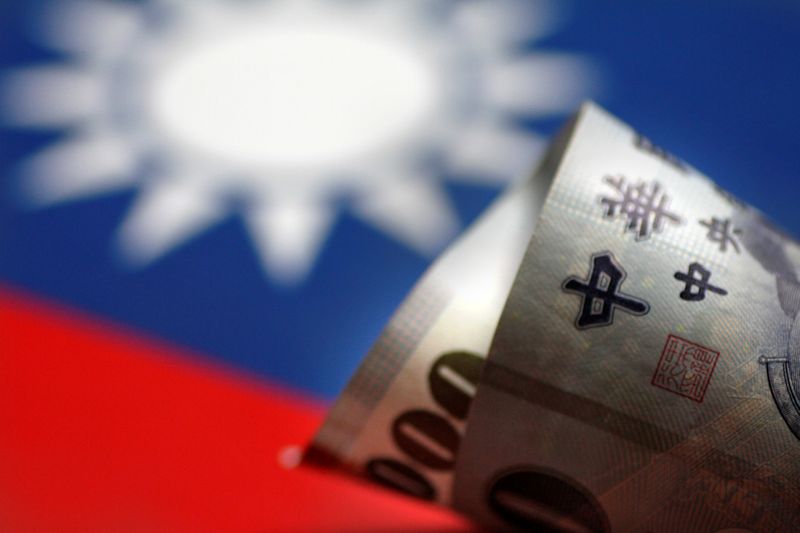Tunisia is looking towards a $1.9 billion International Monetary Fund (IMF) program, an increase in tourism, and a boost in renewable energy to address its economic crisis, which has been exacerbated by a fourth consecutive year of drought that shall shrink growth to 1%. This comes amidst the country’s efforts to manage inflation and the current account deficit in the face of global crises impacting agriculture and wheat farming.
Monday’s report showed that despite these challenges, the deficit is projected to close at 4.3% of GDP in 2023, a significant decrease compared to the IMF’s estimate of 8.6% for 2022. Tourism receipts have also increased by 43% in the first nine months of this year, while transfers from expatriates have helped boost foreign currency reserves, covering 121 days of import needs.
Looking ahead, Tunisia expects a 2.1% increase in economic output in 2024, driven by the tourism sector and renewable energy exports. This optimistic projection comes despite ongoing shortages in food and medicine caused by import restrictions.
In line with their economic recovery plan, Tunisia is also undertaking a project to increase renewable energy output from 3% to 35%. The project, part of the $1.9 billion IMF program awaiting approval, aims to connect Tunisia’s electricity grid with Italy.
The economic downturn experienced by Tunisia was triggered by political disputes following Arab Spring protests, escalating food prices due to Russia’s invasion of Ukraine, and a decline in living standards. These factors led to amendments being made to the country’s 2023 budget.
This article was generated with the support of AI and reviewed by an editor. For more information see our T&C.
Read the full article here








